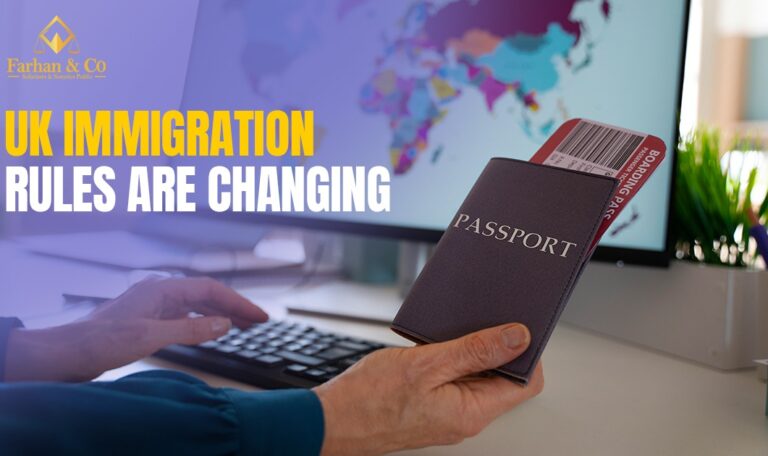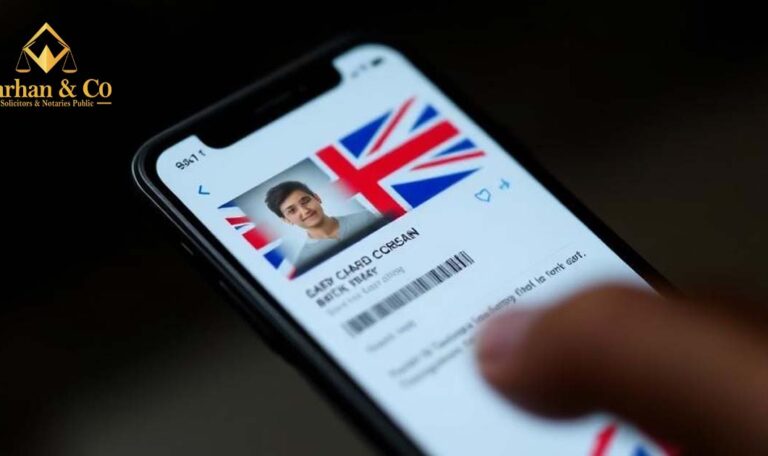The UK immigration rules are constantly changing, and some people experience mixed feelings like confusion, anxiety, or even fear. They are even asking a few straightforward questions, such as: Can I still go to the UK? Do I require a new visa? What will happen if I err? This blog offers a clear and concise description of the entire scenario in simple terms, step by step. If your intentions are to visit, work, study, or migrate to the UK, this guide will assist your comprehension of the situation and of the next steps to take. “No Permission, No Travel”: What the New ETA Rule Means The UK government is tightening its travel rules. From 25 February 2026, visitors from 85 countries must get an Electronic Travel Authorisation (ETA) before travelling to the UK. This includes people from: If you do not have a valid ETA or eVisa, you cannot travel. Airlines and travel companies will check your documents before you board the plane. If you do not have permission, they can stop you from travelling. Before, the rule was relaxed. Now, the government is enforcing it strictly. More than 13 million people have already applied for an ETA. This shows how serious the UK is about this system. Why the UK Is Doing This The government wants to: But for travellers, one small mistake can cause big problems. Why People Are Getting Refused or Stopped Many people think:“It’s just an online form. I’ll do it myself.” But small errors can lead to: Common mistakes include: UK immigration does not forgive errors easily. UK Net Migration Has Dropped, But Rules Are Tighter The figures for net migration in the UK have seen a considerable decline. Net migration in 2025 was only 204,000, a reduction of 649,000 from the previous year. The main reasons for this were as follows. There was a decrease in the number of people coming to the UK for work. A smaller number of students went to the UK for studies. There was an increase in the number of people migrating out of the UK. Simultaneously, the number of asylum applicants has risen, surpassing 111,084 claims. There has also been an increase in unauthorized arrivals. This puts a strain on the system. In times of increased pressure, it is the rules that become stricter, not the opposite. New Border Laws Are Now Active The Border Security, Asylum and Immigration Act is now law. This law: This means: Why UK Immigration Feels So Confusing UK immigration law changes frequently. The rules vary according to: Your nationality Your visa category About your reason for travel And your previous immigration record There is no single rule for all. Online information can: Be not current Omit important details Make visa types unclear. People look for answers online as they want them to be clear. However, what they actually need is the right advice for their case. How Legal Immigration Support Becomes the Solution This is where proper immigration services help. A professional immigration team: Instead of guessing, you move forward with confidence. Who This Service Is For This service helps people who: If UK immigration feels stressful, you are not alone. What Makes the Right Immigration Support Different Good immigration support does not: It does: That is why many people trust Farhan and Co for UK immigration matters. Why Acting Early Matters Waiting too long can cause: With new ETA enforcement and stricter borders, early action protects you. Final Thoughts UK immigration is changing. The rules are tighter. The checks are stronger. Mistakes cost more than before. But with the right help, the process becomes simple, clear, and manageable. If you are unsure about your UK travel or visa plans, getting professional advice now can save you time, money, and stress later.










